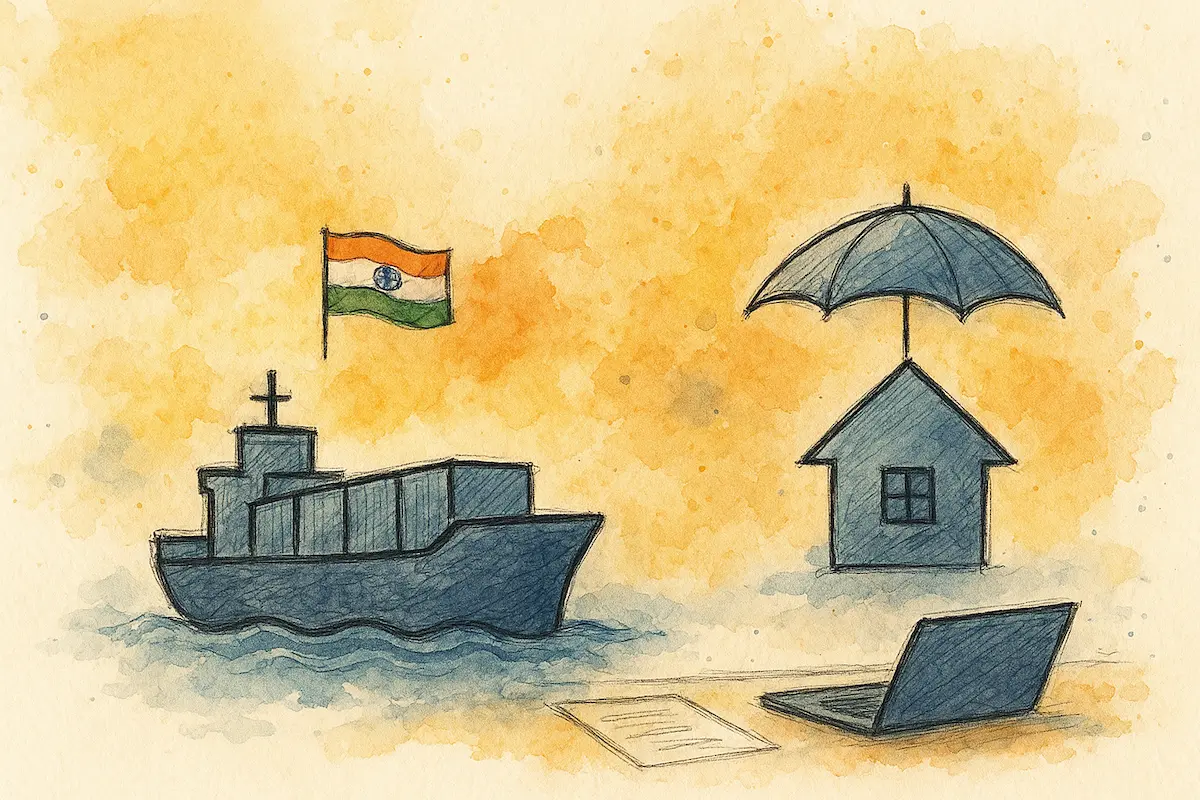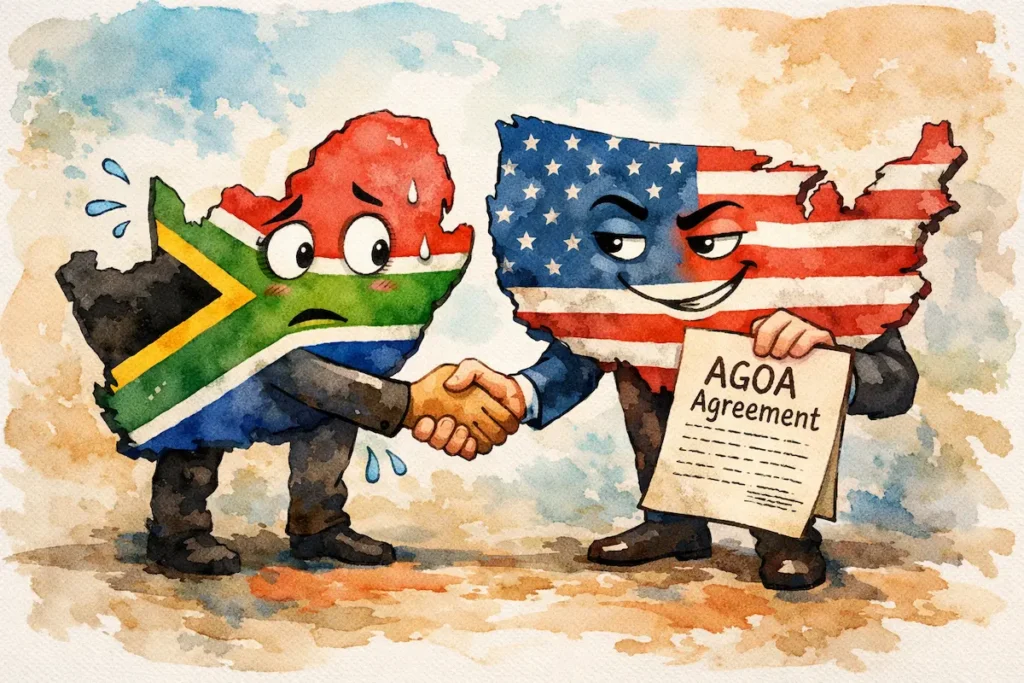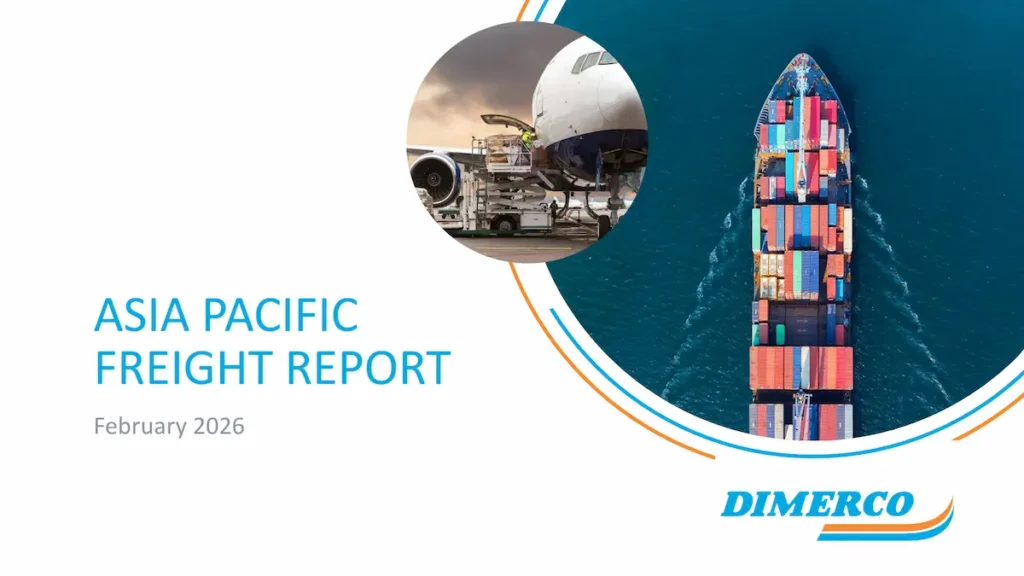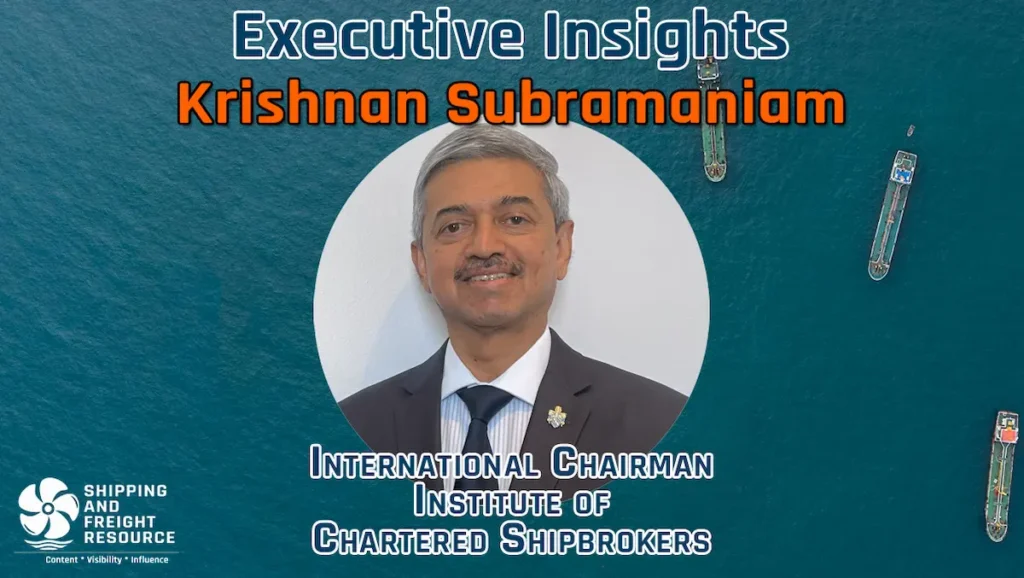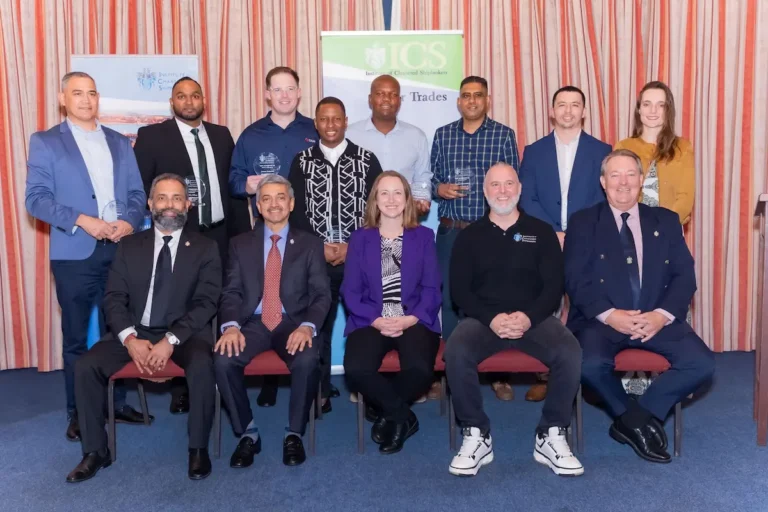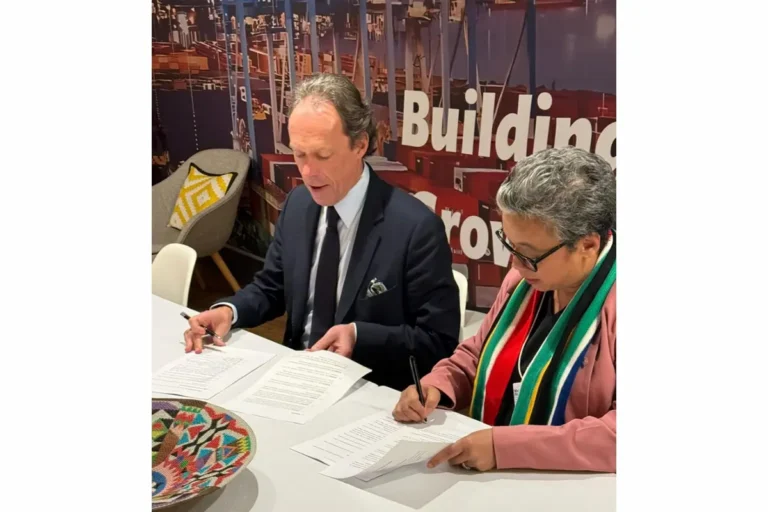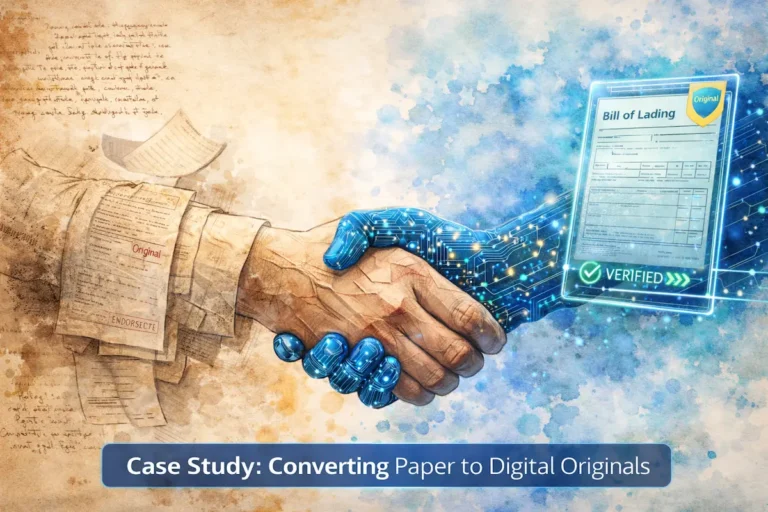For decades, the idea of creating an Indian Protection and Indemnity (P&I) Club has surfaced in shipping circles.
Some have passionately supported it, others have criticised it, while many remain cautiously balanced.
But what does this actually mean for ship owners, operators, and the wider maritime community in India?
Why P&I cover matters
Ship owners face two main types of liabilities:
- Contractual liabilities: These arise under contracts or laws, such as compensation for seafarers, or cargo damage claims under rules like Hague-Visby or laws like COGSA 1971.
- Tortious liabilities: These come from accidents and actions that cause injury or loss to others — for example, pollution, collisions, or damage to port infrastructure.
P&I Clubs traditionally cover such liabilities. They work on a mutual insurance system where ship owners pool resources, managed by professional firms, and share risks.
Today, 12 major clubs cover more than 90% of the world’s fleet through the International Group of P&I Clubs, backed by extensive reinsurance.
India’s attempts so far
India has explored this idea for more than 40 years. In 2016, Capt. J.C. Anand spearheaded an initiative with New India Assurance to provide liability insurance on a fixed premium basis. While this provided cover for some ships, it did not fully take off.
More recently, India’s Directorate General of Shipping commissioned a feasibility study on forming a domestic P&I Club. The government sees this as a way to reduce dependence on international clubs and minimise exposure to global sanctions risks, especially in light of oil imports and changing geopolitics.
Fixed Premium vs Mutual Clubs
A key distinction in this debate is between:
- Mutual clubs: Owned by shipowners, operating on a non-profit basis, with flexible but potentially higher “calls” (payments).
- Fixed premium insurance: Works like regular insurance with predictable annual premiums, tailored to smaller and medium-sized vessels.
For Indian shipowners, particularly smaller coastal and inland fleets, fixed premium cover may be the more practical option. It avoids the heavy obligations of mutual membership while still providing comprehensive protection, often up to USD 500 million.
The challenges ahead
Creating a full-scale Indian P&I Club will not be easy. Some hurdles include:
- Regulatory limits: Current IRDA laws do not support mutual structures without amendments.
- Fleet size: India’s controlled tonnage is relatively modest compared to countries hosting large clubs.
- International acceptance: Any Indian cover must be recognised under international conventions (such as the Civil Liability and Wreck Removal Convention) to be valid globally.
Without this recognition, Indian shipowners would hesitate to rely solely on a domestic club.
Possible way forward
Instead of struggling to replicate a traditional mutual club, experts suggest building on the strength of Indian insurers like New India Assurance and reinsurance support from GIC Re, the 10th largest reinsurer worldwide.
By focusing first on smaller vessels – coastal shipping and inland fleets – India could develop a sustainable liability insurance model. Over time, this could expand to larger vessels and attract international recognition.
Conclusion
The debate is not about whether India can establish a P&I Club, but rather whether it should. With global trade dynamics shifting, sanctions risks growing, and an urgent need for “Atmanirbhar” (self-reliant) solutions, India must balance ambition with practicality.
For now, strengthening fixed premium liability insurance through Indian underwriters may be the smarter, faster step forward.
📥 Want to dive deeper into this subject?
Download the complete paper by Dr. Brijendra K Saxena for a detailed analysis, historical context, and policy recommendations.
About Dr. Brijendra K. Saxena
Dr. Brijendra K. Saxena is the retired Founder Principal of Tolani Maritime Institute, where he led for over 25 years in shaping marine engineering and nautical education in India. A former Chief Engineer and senior executive at Shipping Corporation of India, he also taught at the World Maritime University, Sweden.
With more than five decades in shipping and maritime training, he continues to contribute as an advisor, thought leader and, a valued member of the Association of Maritime International Commercial Interests & Expertise (AMICIE).

